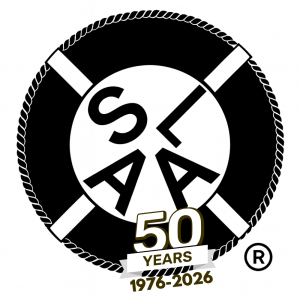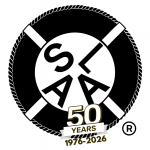The Question:
I am a member of a meeting that would like to know if there is a “long-form” resource that we can use to give us guidance on discussing the S.L.A.A. traditions. We had thought that the AA 12 & 12 might be a good piece of literature to use, but there is a .pdf document on the S.L.A.A. national web site that indicates that it is not conference approved. We are at a loss as to what we can use. Help!
(NOTE; See the Document, What is Conference Approved Literature? which is found on the FWS website. We would also refer the reader to a previous response titled Local Practices which was previously published in the FWS Newsletter, which contains further discussion regarding this subject.)
Chapter 7 “Starting an S.L.A.A. Group” in the S.L.A.A .Basic Text discusses the Traditions. Also, page 563 in the Big Book of Alcoholics Anonymous is the long form of the Twelve Traditions.
I’m sure that the majority of S.L.A.A. members are aware that we are in the process of creating a draft of the 12 Steps and Traditions of S.L.A.A. This project has been ongoing for several years and the Literature Committee is working to put this draft together from the sharing sheets which have been submitted.
However, groups may still conduct Traditions study meetings using the AA 12 & 12 or even the 12 & 12 of Al Anon. Although these are not Conference Approved materials, groups are able to use these resources by group conscience. Tradition 4 tells us that each group is autonomous, which means that they can choose to follow whatever format they choose to use and to employ the resources of other 12 Step recovery programs if we are lacking in material on the subject. You may certainly change references to AA to S.L.A.A. as the members are reading in order to gain more understanding of the reasons behind the 12 Traditions.


